Digital Humanities Summer Fellowships
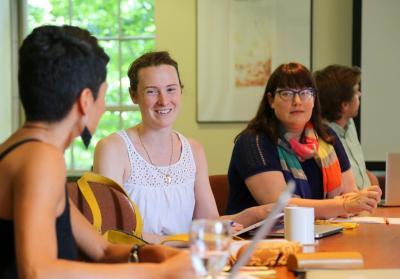
The Simpson Center offers annual summer fellowships for faculty and graduate students to pursue research projects that use digital technologies in innovative and intensive ways and/or explore the historical, social, aesthetic, and cross-cultural implications of digital cultures. The program has three primary goals:
- To animate knowledge—using rich media, dynamic databases, and visualization tools
- To circulate knowledge—among diverse publics
- To understand digital culture—historically, theoretically, aesthetically, and generatively
The Simpson Center gratefully acknowledges the support of a National Endowment for the Humanities Challenge Grant and the Andrew W. Mellon Foundation as well as many donors to the endowment which is underwriting these fellowships.
2025 - 2026 Digital Humanities Summer Fellows
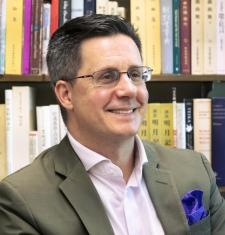
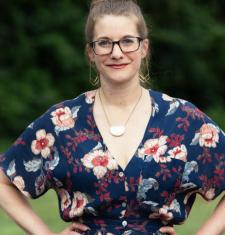
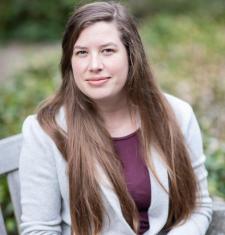
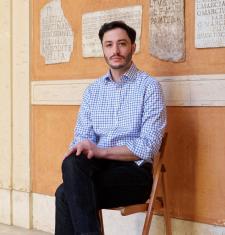
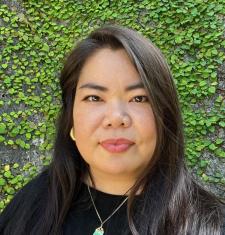
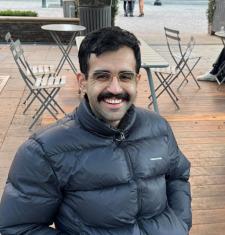
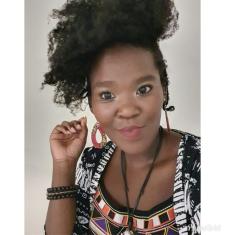
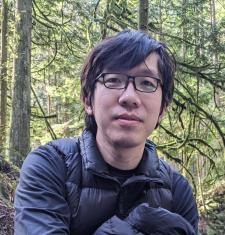
2019 - 2020 Digital Humanities Summer Fellow
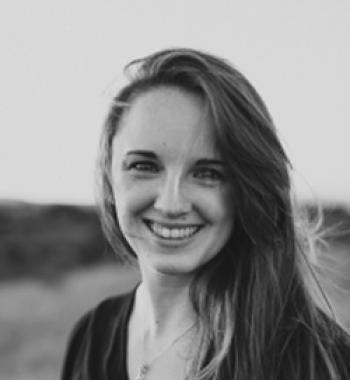
Leila Kate Norako (she/her/hers)
Richard Coer de Lyon: A Medieval Multi-text
This project will provide open access critical editions of all manuscript witnesses of the late medieval romance, Richard Coer de Lyon. Not only will this enrich and advance scholarship on this important late medieval text and its complicated manuscript history, the project will serve as a model for future digital editions of medieval "multi-texts" (i.e. texts that share the same general contours across versions but that still contain significant variations).